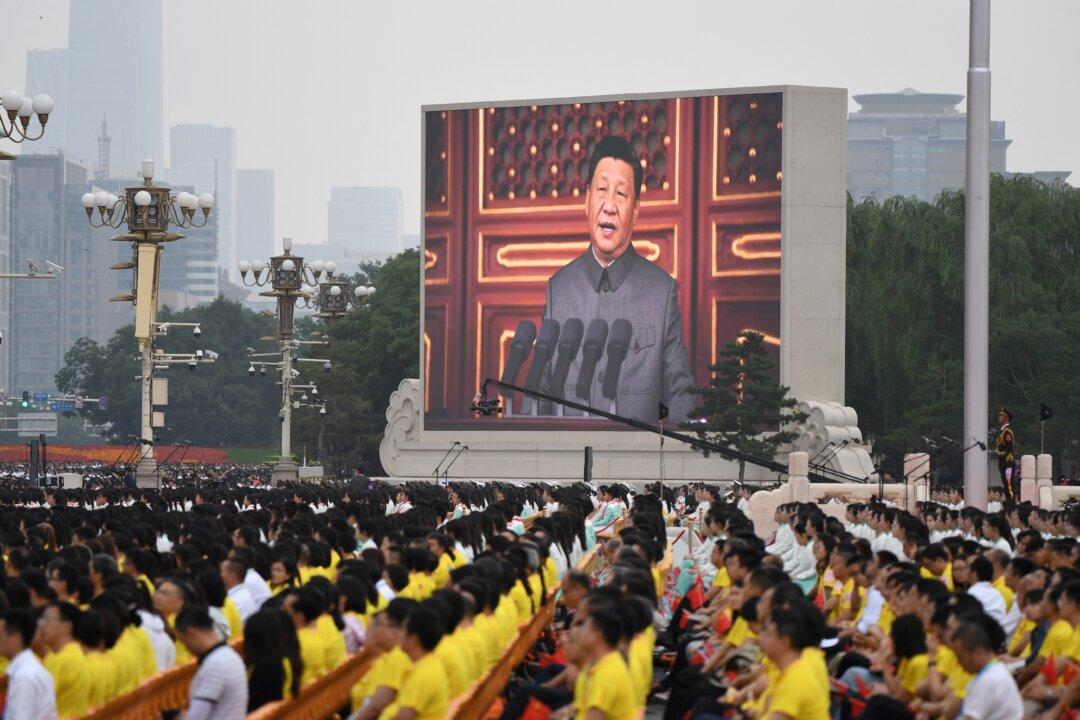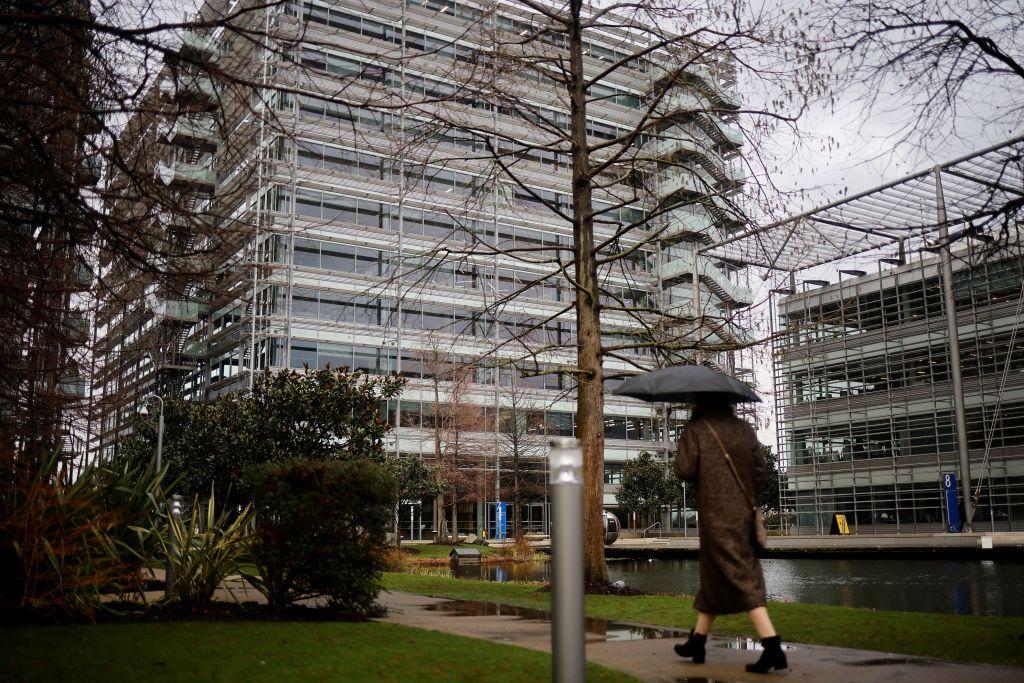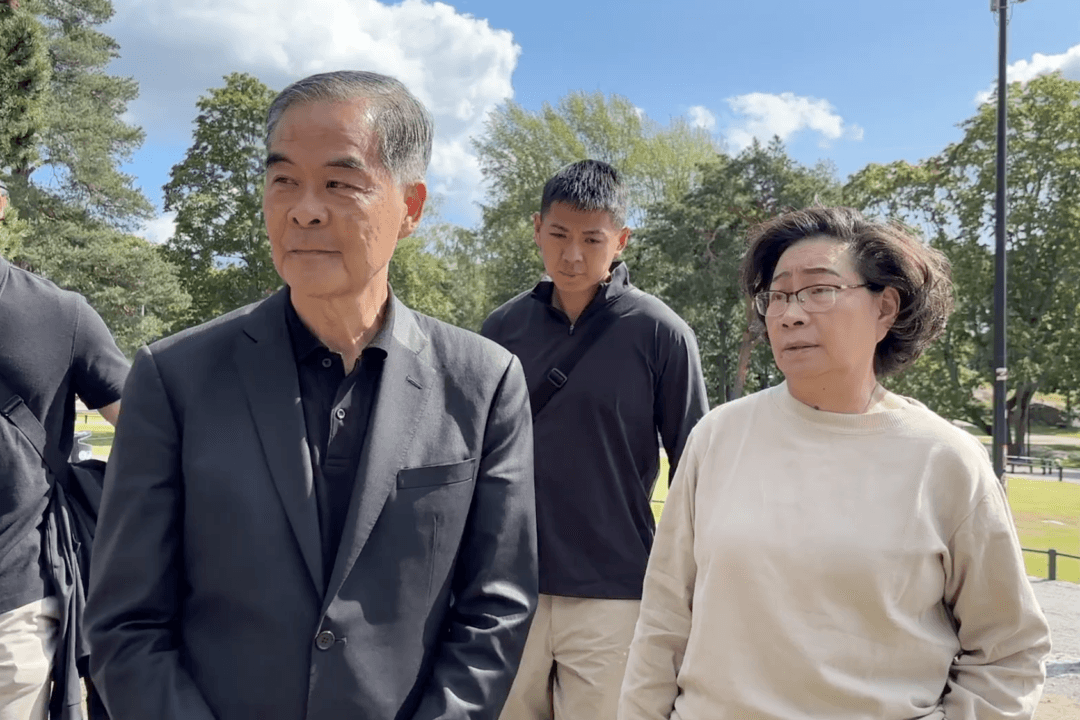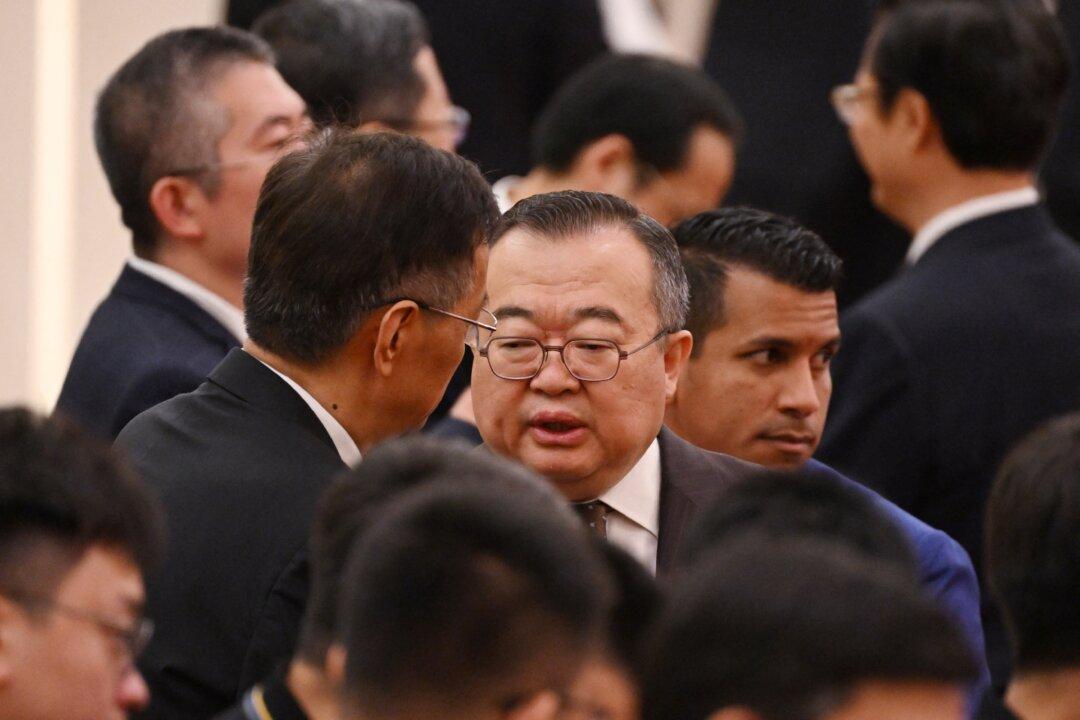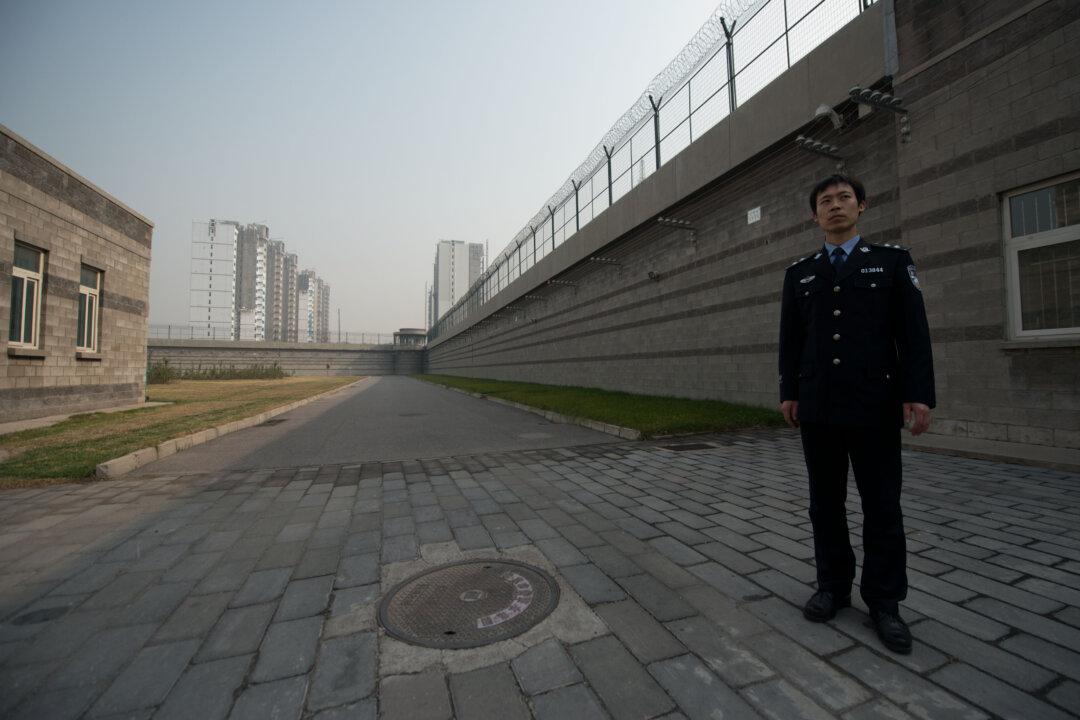Commentary
I’ve written earlier in these pages on how China’s judiciary, flawed to start with, has been deteriorating further with each passing year of Xi Jinping’s leadership and how that deterioration is a natural and logical outcome of his attempt to gain stronger political control over not only the Chinese Communist Party (CCP), but the country and its people as a whole.
